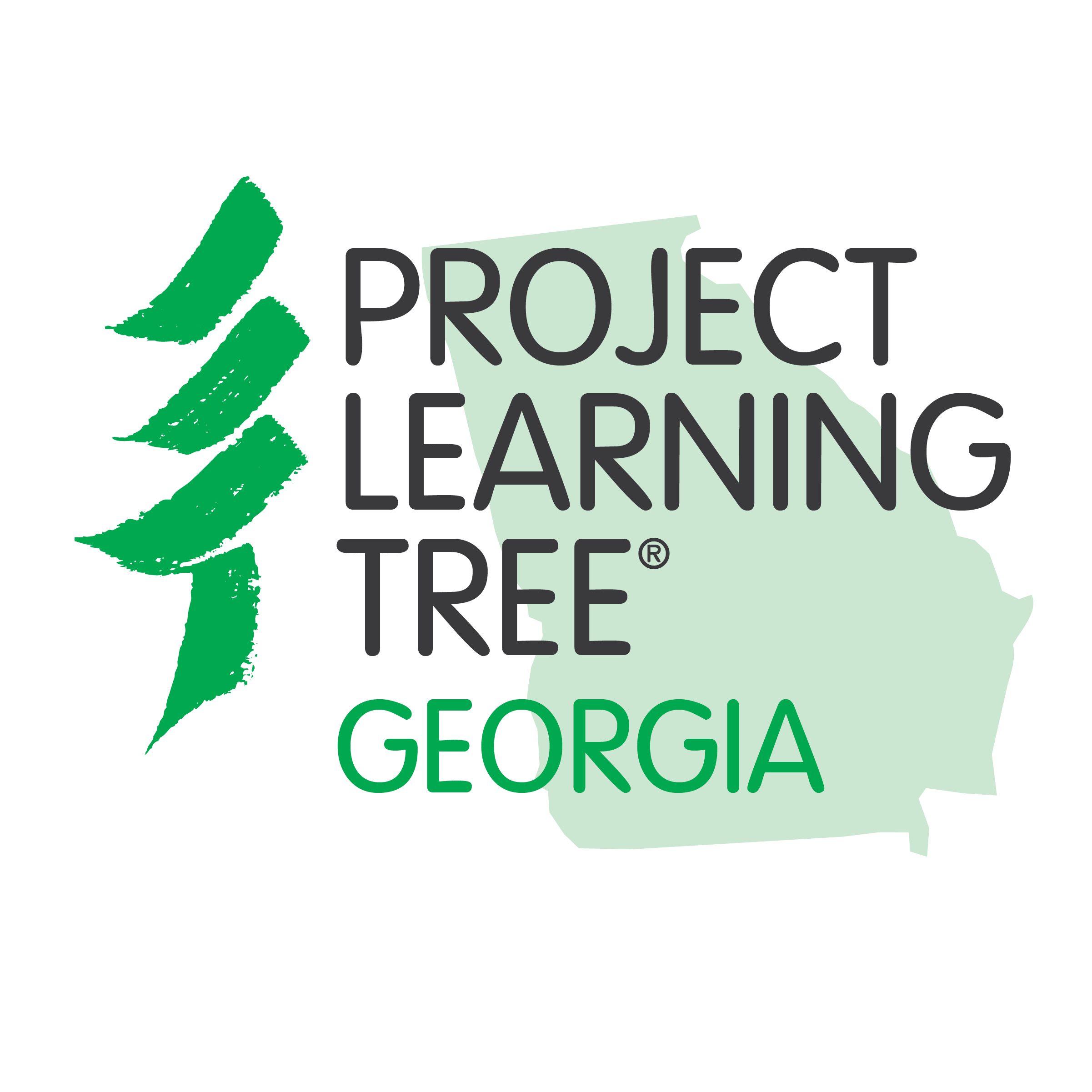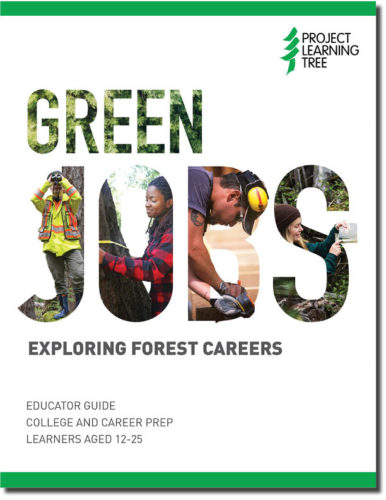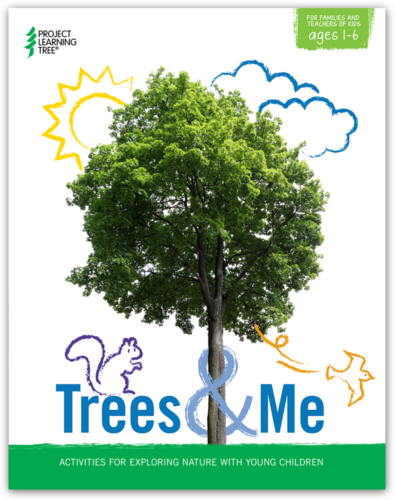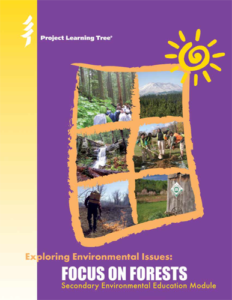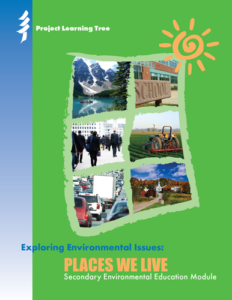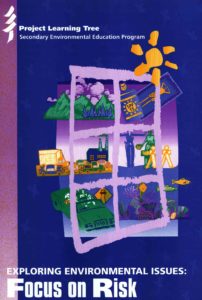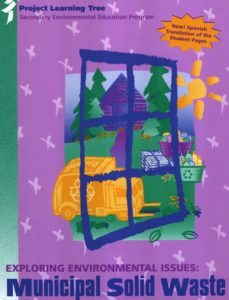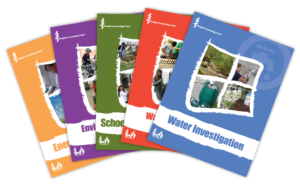Explore Your Enviroment: K-8 Activity Guide
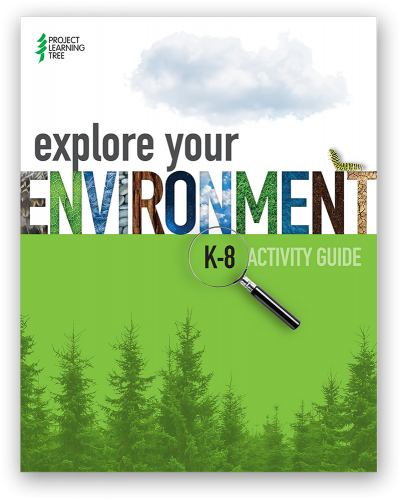
PLT’s new flagship curriculum Explore Your Enviroment: K-8 Activity Guide includes 50 hands-on, multidisciplinary activities to connect children to nature and increase young people’s awareness and knowledge about their environment. Activities include detailed step-by-step instructions, academic correlations, time and material requirements, and corresponding student worksheets with green career connections. This supplementary curriculum is designed to develop students’ critical thinking and problem-solving skills.
Correlations to the Georgia Standards of Excellence available at https://georgiaplt.org/resources/correlations/
